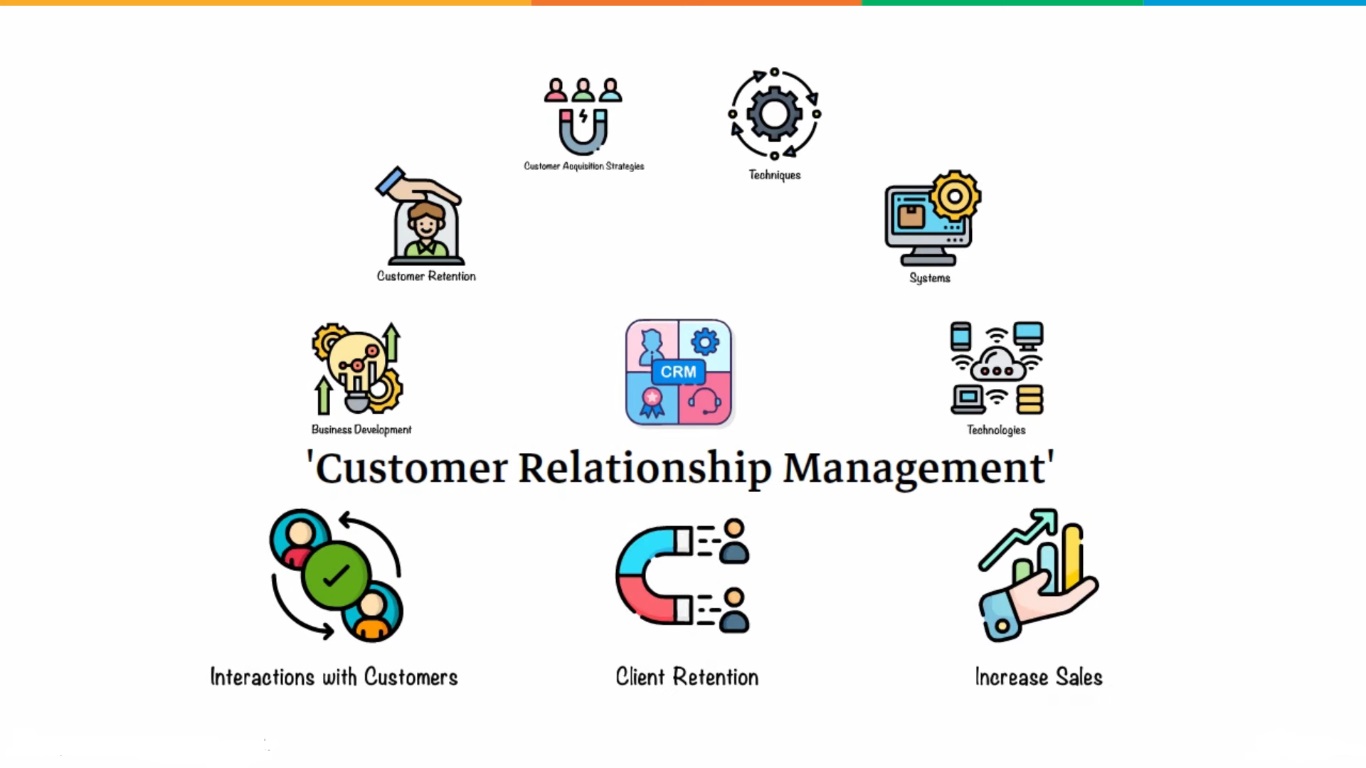Introduction
In today’s business landscape, customer relationship management (CRM) is more critical than ever. With the rise of digital communication and e-commerce, managing customer interactions efficiently can be a daunting task. Enter automation CRM—a game-changer that simplifies and enhances CRM processes. Let’s explore how automation CRM can benefit your business and streamline your customer management.

What is Automation CRM?
Automation CRM integrates automated processes into customer relationship management systems. This means that routine tasks such as data entry, follow-ups, and customer segmentation are handled automatically, allowing your team to focus on building meaningful relationships with customers.
Benefits of Automation CRM
- Time Savings: Automation takes care of repetitive tasks, freeing up time for your sales and customer service teams to engage with customers directly.
- Enhanced Accuracy: Automated systems reduce the risk of human error, ensuring that customer data is always accurate and up-to-date.
- Improved Customer Experience: Automated follow-ups and personalized interactions make customers feel valued, leading to higher satisfaction and loyalty.
- Increased Productivity: With automation handling routine tasks, your team can concentrate on more strategic activities, boosting overall productivity.
- Better Insights: Automation CRM provides valuable analytics and insights, helping you understand customer behavior and make data-driven decisions.
Key Features
- Automated Data Entry: Automatically captures and updates customer information from various sources, reducing manual input and errors.
- Lead Scoring and Management: Prioritizes leads based on predefined criteria, ensuring your sales team focuses on the most promising prospects.
- Personalized Communication: Sends personalized emails and messages based on customer behavior and preferences.
- Task Automation: Schedules follow-ups, reminders, and other routine tasks to ensure no customer interaction falls through the cracks.
- Analytics and Reporting: Provides detailed reports on customer interactions, sales performance, and more, helping you make informed decisions.
How to Implement Automation CRM in Your Business
- Assess Your Needs: Identify the CRM tasks that consume the most time and are prone to errors.
- Choose the Right CRM Software: Look for CRM solutions that offer robust automation features. Popular options include Salesforce, HubSpot CRM, and Zoho CRM.
- Customize Your Automation Workflows: Set up automation workflows tailored to your business processes and customer journey.
- Train Your Team: Ensure your team understands how to use the new CRM system and take full advantage of its automation features.
- Monitor Performance: Regularly review the performance of your automation CRM system and make adjustments to optimize results.
FAQs
Q: Is automation CRM suitable for small businesses?
A: Yes, automation CRM can benefit businesses of all sizes by improving efficiency and customer experience.
Q: Can automation CRM integrate with other tools?
A: Most CRM systems offer integrations with various tools such as email marketing platforms, social media, and e-commerce solutions.
Q: How secure is customer data in an automation CRM system?
A: Reputable CRM providers implement robust security measures to protect customer data. Always choose a CRM with strong security features and compliance with data protection regulations.
Conclusion
Automation CRM is a powerful tool that can transform the way you manage customer relationships. By automating routine tasks, you can focus on what matters most—building and nurturing customer connections. Invest in an automation CRM system and watch your customer satisfaction and business efficiency soar.
